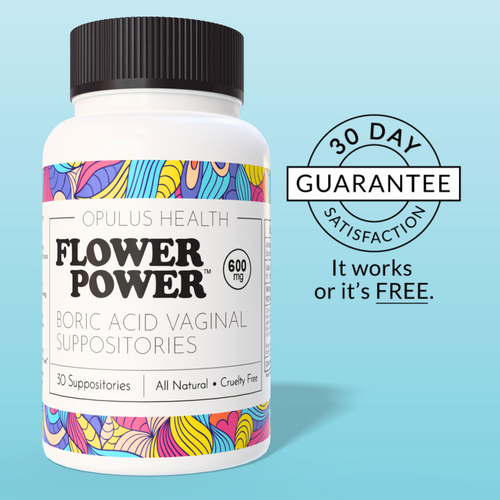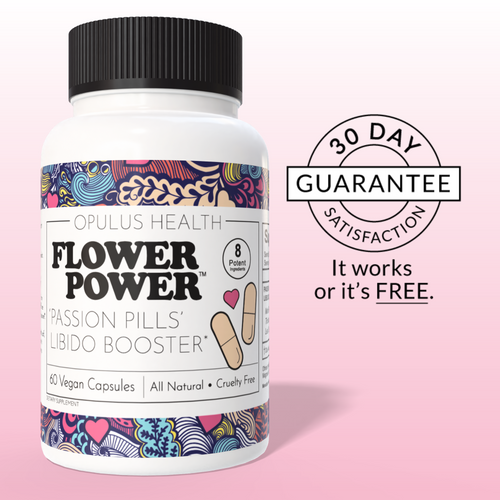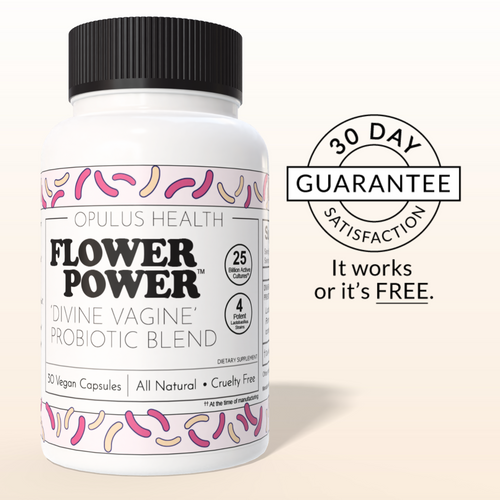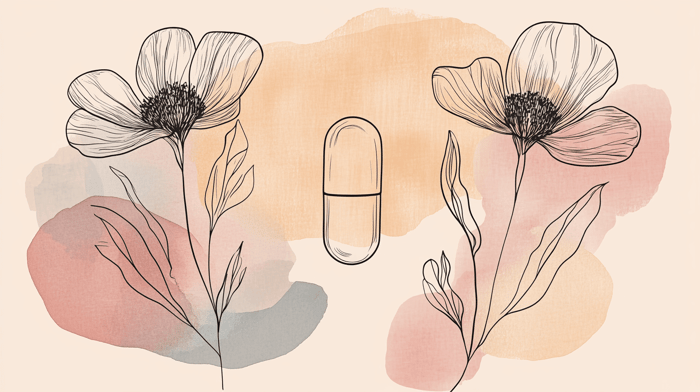A quick Google search might raise concerns about the safety of boric acid suppositories. You might come across the fact that boric acid is used to make insecticides. But that’s not the full story.
Boric acid has powerful antibacterial properties, making it a valuable treatment for various infections. In this article, we’ll explore its toxicity, safety, effectiveness against vaginal infections, and why it's recommended by reputable health organizations like the CDC.
Boric Acid Toxicity: What You Need to Know
Like table salt, boric acid can be toxic at high doses. How much boric acid is considered toxic? The Merck Index, which lists the toxicity of different substances, provides a lethal dose (LD) value for each one. The LD for boric acid is 5.14g/kg, while table salt is 3.75g/kg. In comparison, Ibuprofen’s LD is 0.636g/kg, and aspirin’s is 0.2g/kg.
What does this mean? It takes a higher dose of boric acid to be fatal than table salt. In fact, it's easier to overdose on ibuprofen, aspirin, or caffeine than on boric acid.
The Agency for Toxic Substances and Disease Registry reviewed 784 cases of boric acid poisoning and found no fatalities. While boric acid overdose is rare, it’s still important to use it responsibly.
Be cautious, as boric acid suppositories look similar to oral pills, which can be accidentally swallowed, leading to boric acid poisoning. Symptoms of poisoning include abdominal pain, nausea, vomiting, diarrhea, headaches, and tremors.
Why Boric Acid Suppositories Are Generally Safe
A 2011 statement from the CDC noted that 30 grams of boric acid is toxic to humans. However, each boric acid suppository contains only 600 milligrams—50 times less than the lethal dose. You would have to ingest 50 suppositories for it to be toxic, but when used vaginally, boric acid is much safer.
Other Health Uses of Boric Acid
Boric acid is well-known for its antiseptic properties. It has been used to treat minor cuts, burns, eye infections, and athlete’s foot due to its ability to inhibit the growth of microorganisms.
Why Boric Acid Is Effective for Vaginal Health
Boric acid has been found to be effective in treating certain types of vaginal infections, such as yeast infections and bacterial vaginosis (BV). Studies have shown it can help treat recurrent vulvovaginal candidiasis when traditional treatments fail.
A study published in the Journal of Women’s Health found that boric acid successfully treated recurrent vulvovaginal candidiasis in many cases. A 2011 review of 14 studies found that boric acid had a cure rate of 40%-100% for recurrent yeast infections, depending on the study.
How Boric Acid Works in the Vaginal Microbiome
The vagina cleans itself using lactic acid, produced by good bacteria like Lactobacillus, which maintains a healthy pH and kills harmful bacteria. Boric acid works similarly, killing bad bacteria and restoring the ideal pH, allowing Lactobacillus to thrive again.
Unlike antibiotics, boric acid targets only the bad bacteria, making it effective even in cases of recurrent infections. It also breaks apart biofilms, which protect bad bacteria, ensuring that the infection does not return.
Side Effects of Boric Acid Suppositories
While boric acid suppositories are generally safe, there are a few potential side effects:
- Mild vaginal burning
- Watery discharge
- Temporary vaginal redness
These side effects are rare and can often be avoided by using medical-grade boric acid suppositories. If you experience any discomfort, discontinue use and consult your doctor.
Sex and Boric Acid Suppositories
It’s recommended to avoid sexual activity, including oral sex, while using boric acid suppositories. This is because bacteria from your partner’s semen or saliva can disrupt your vaginal flora, making the boric acid less effective.
Who Should Avoid Boric Acid Suppositories?
Boric acid suppositories should be avoided if you are:
- Pregnant
- Breastfeeding
- Have certain health conditions such as vaginal bleeding or a weakened immune system
Conclusion
Boric acid is a powerful antiseptic that has been used to treat vaginal infections due to its ability to create an environment hostile to bad bacteria. It’s important to use it with care and keep it out of reach of children.
When used correctly, boric acid suppositories can be an effective and safe treatment for chronic vaginal infections.
References
- The Merck Index
- The Lethal Dose
- Boron | ToxFAQs™ | ATSDR
- Boric Acid - National Library of Medicine
- Boric Acid for Recurrent Vulvovaginal Candidiasis - Journal of Women's Health
- Healthline: No, You Won’t Die From Boric Acid Suppositories
Additional resources for further reading:











